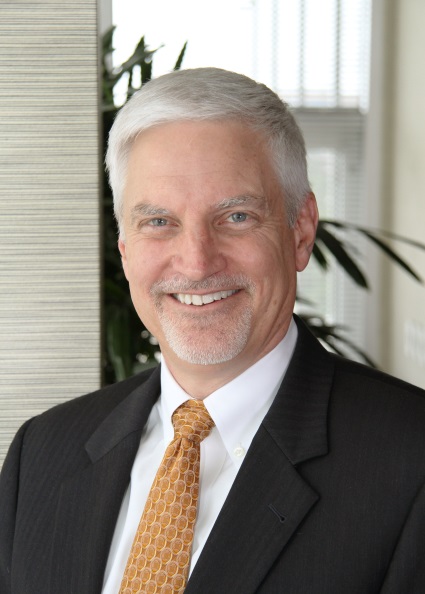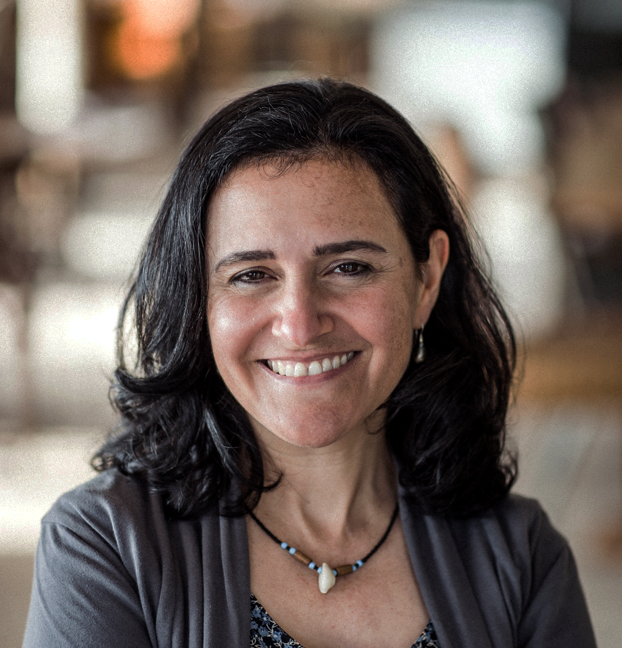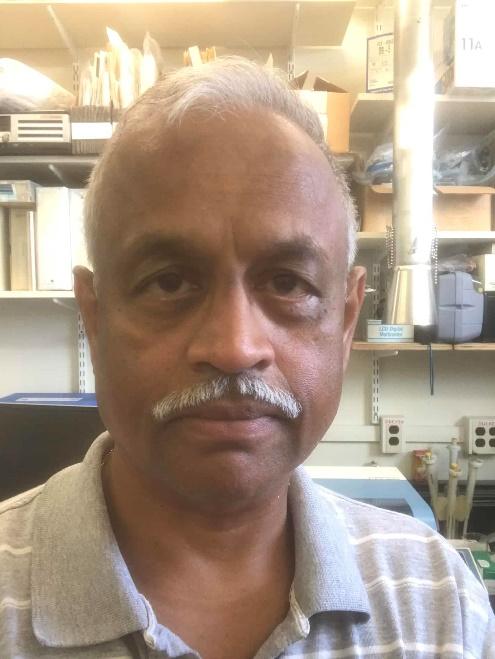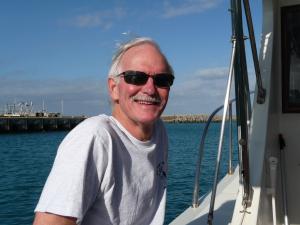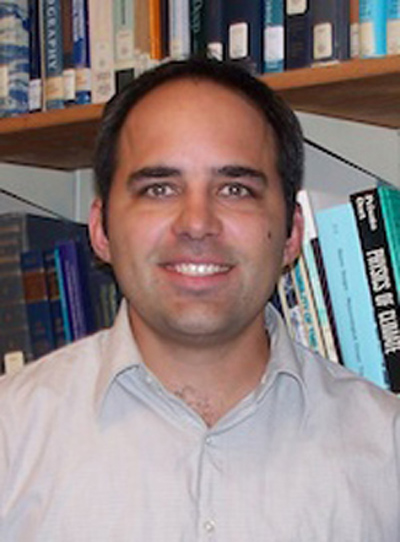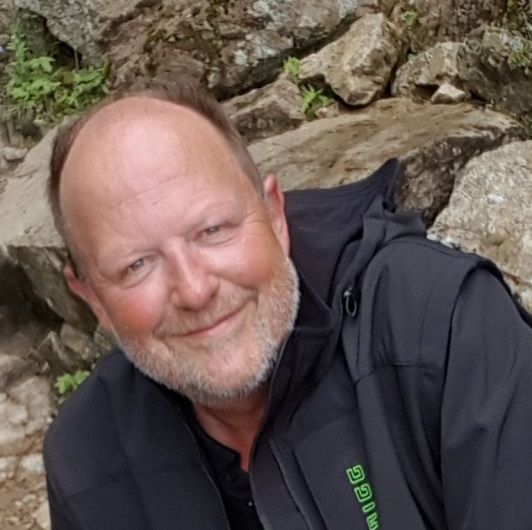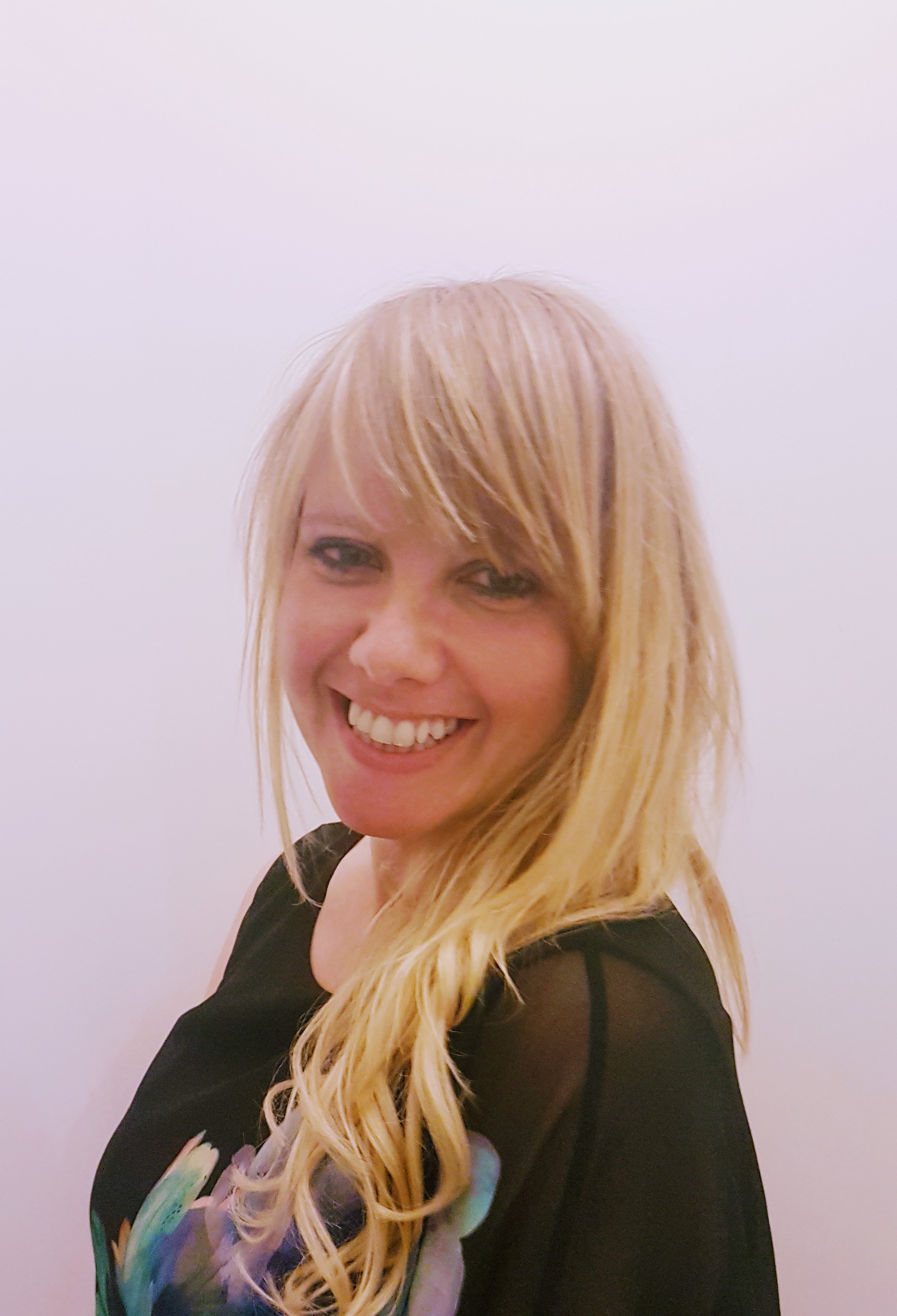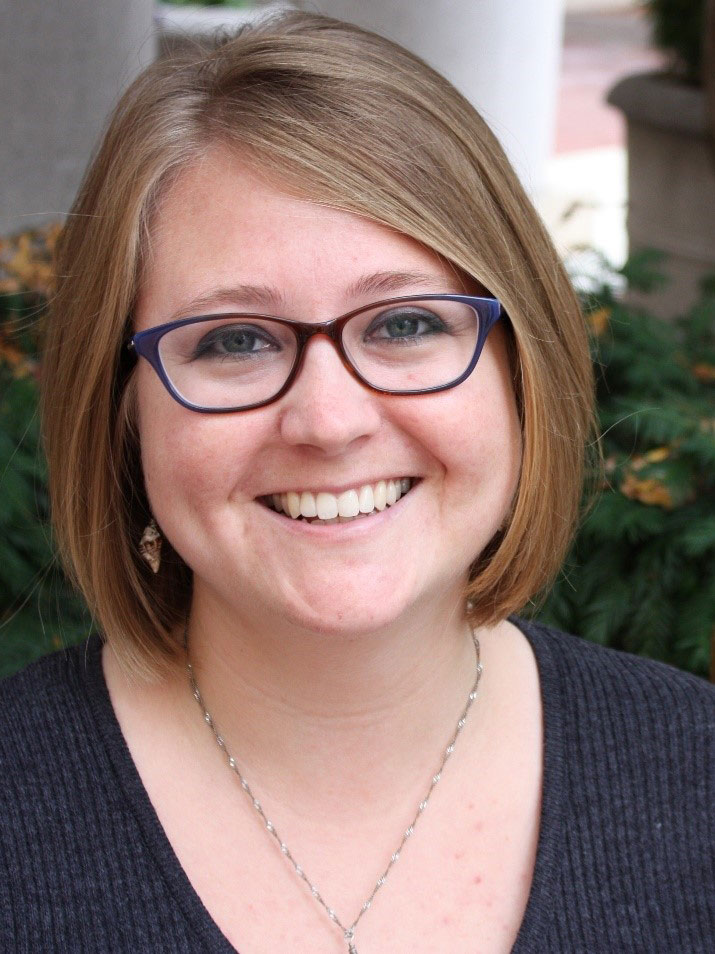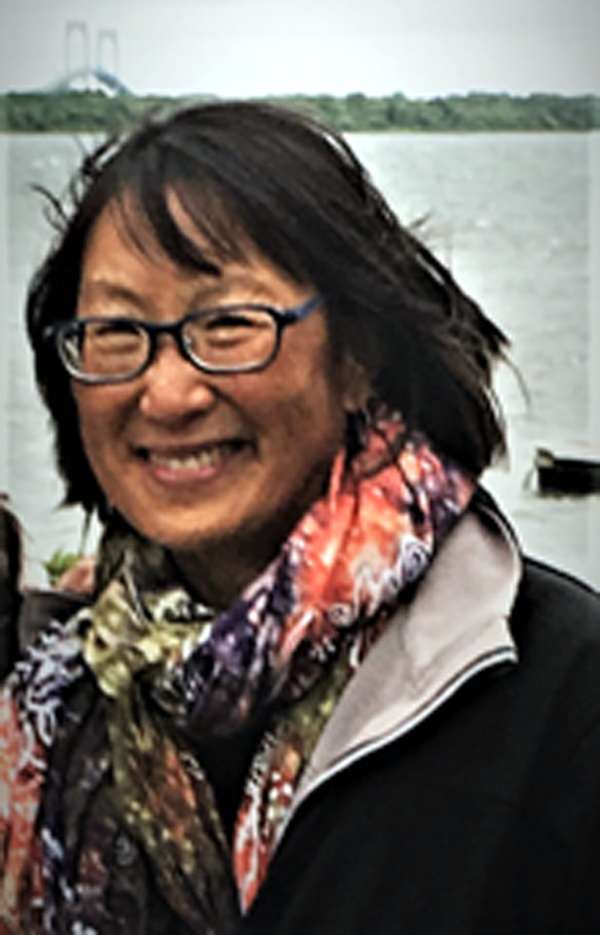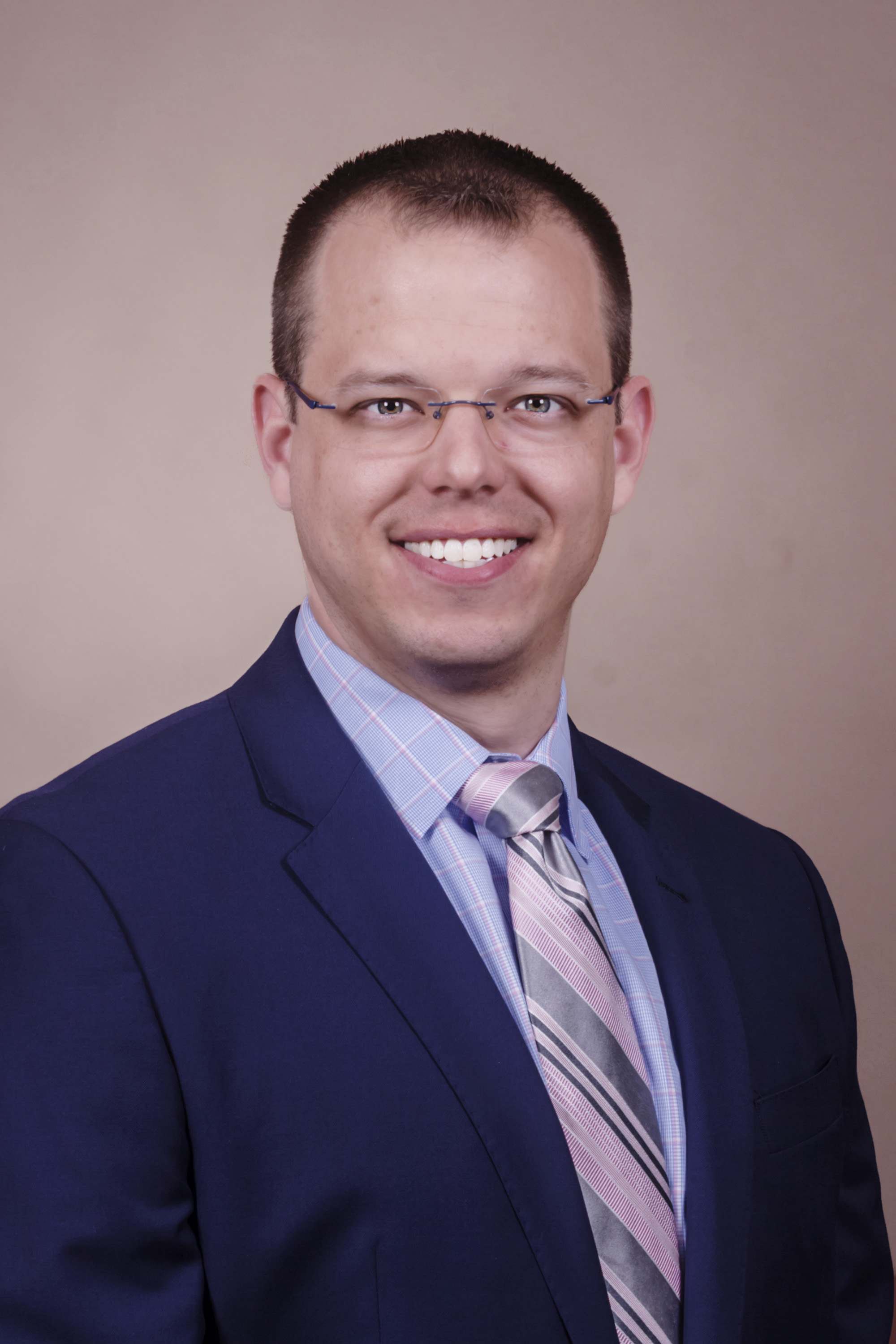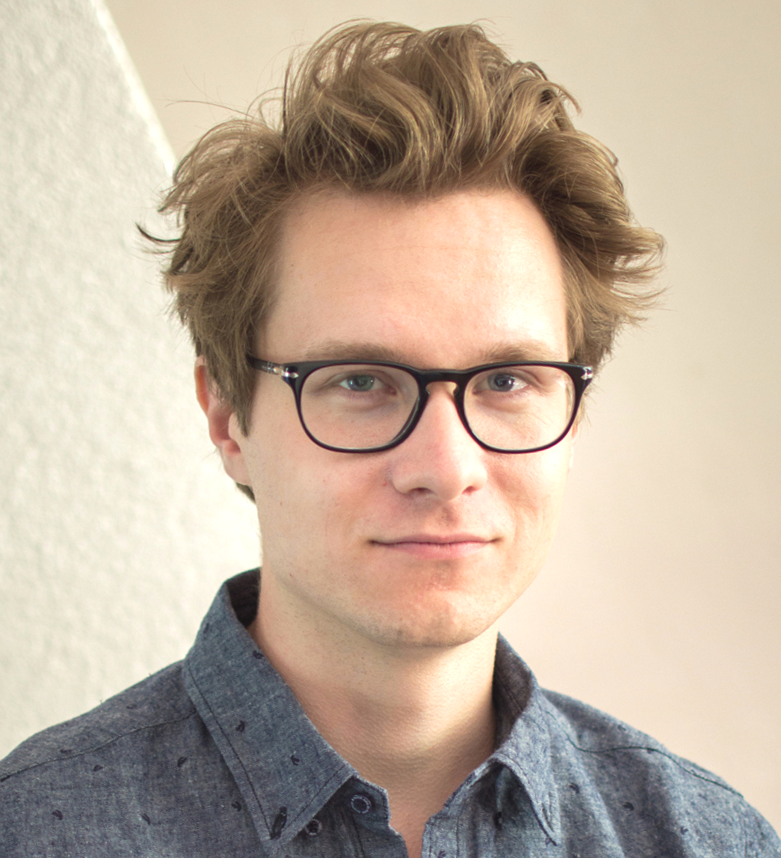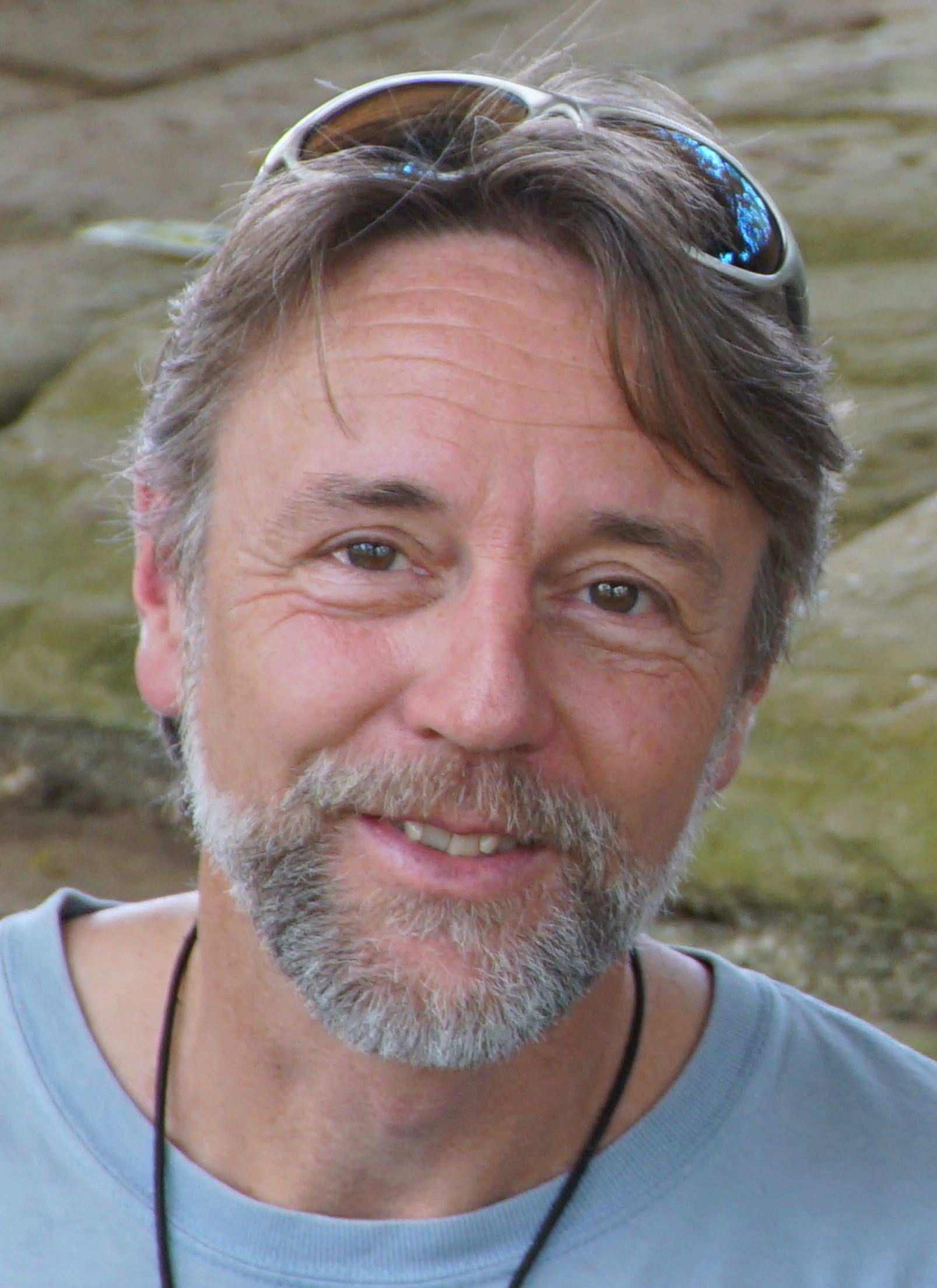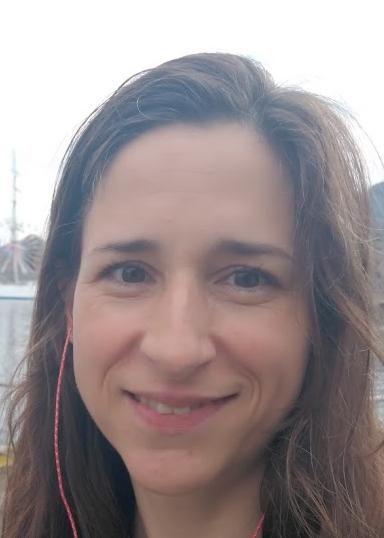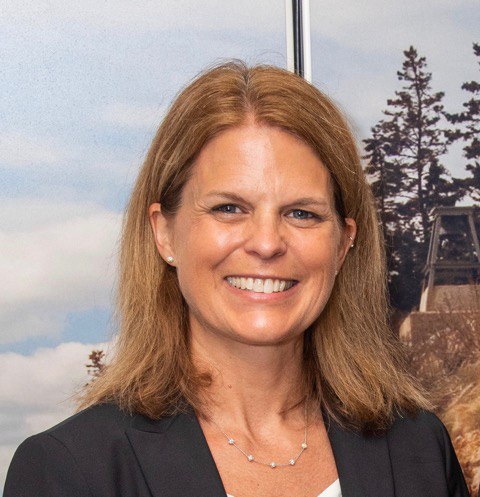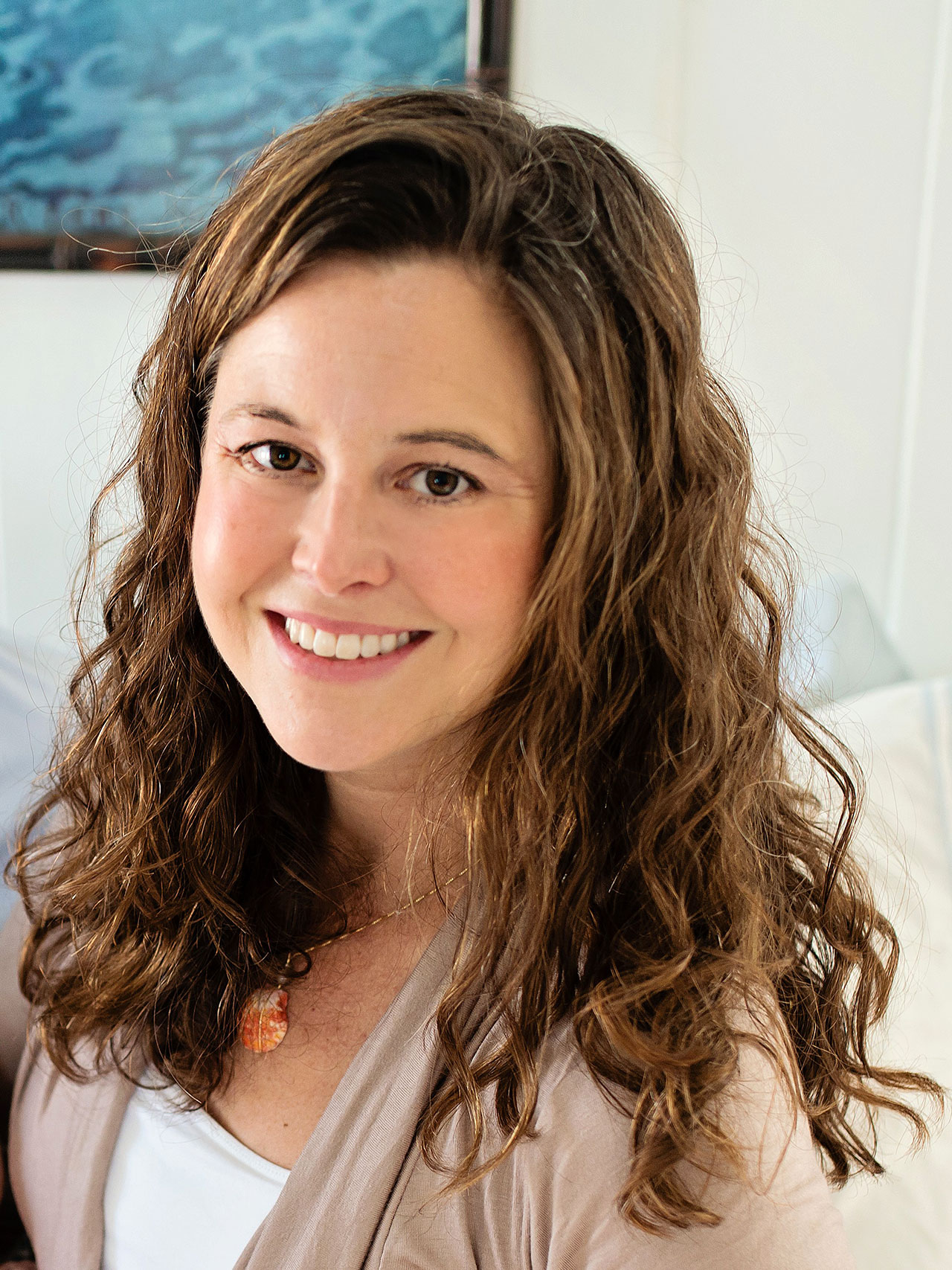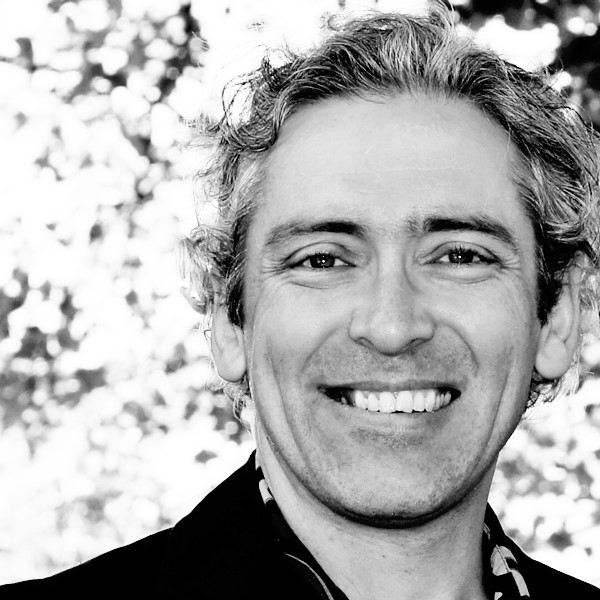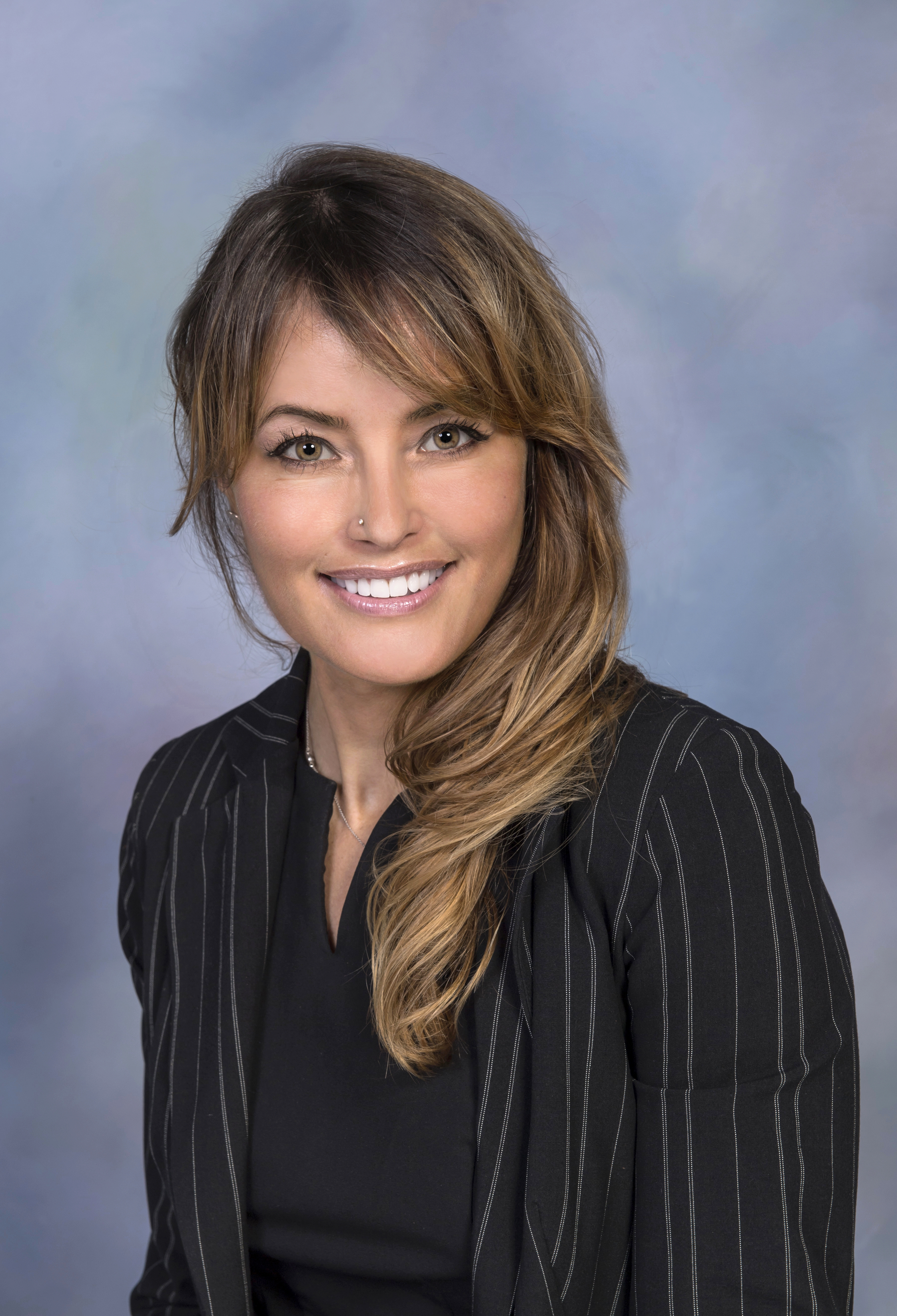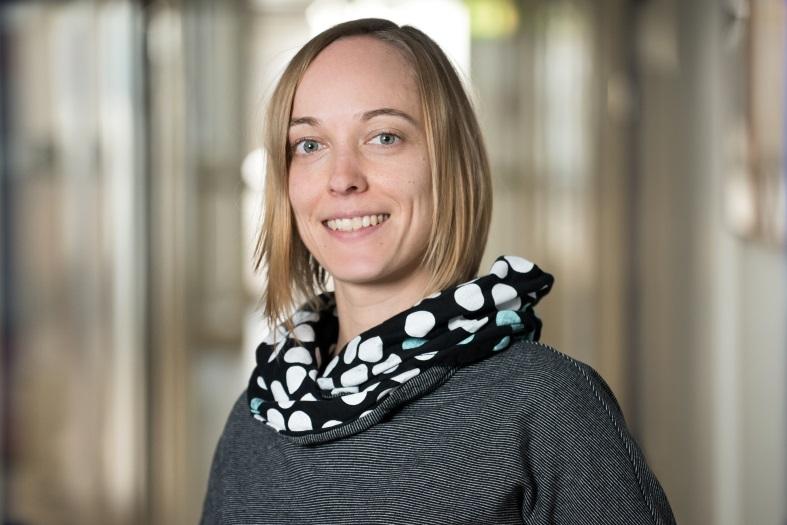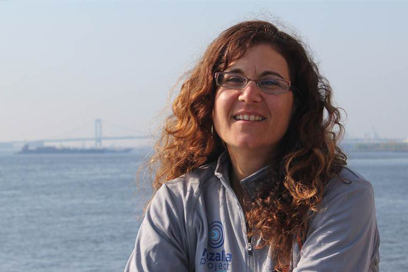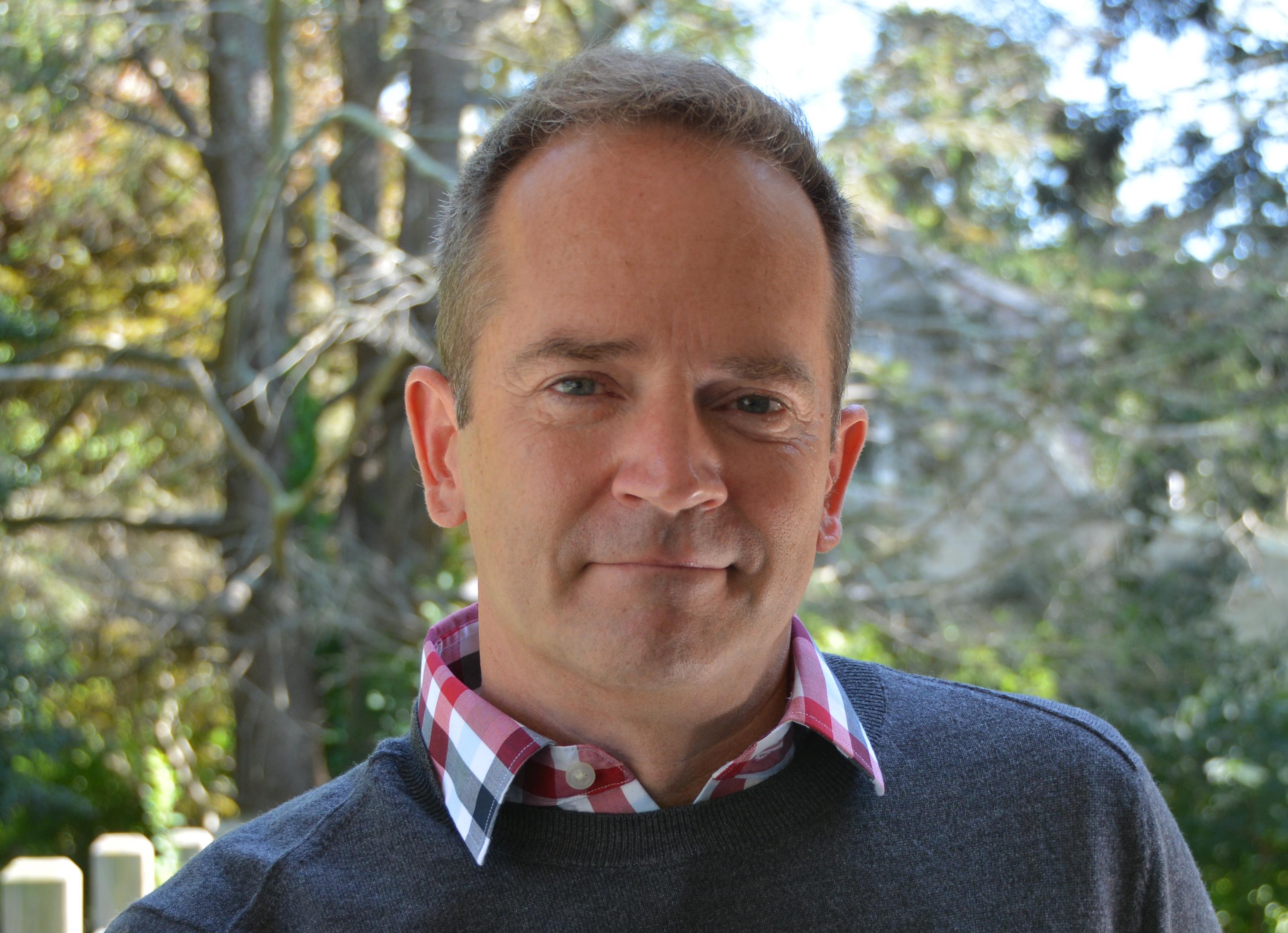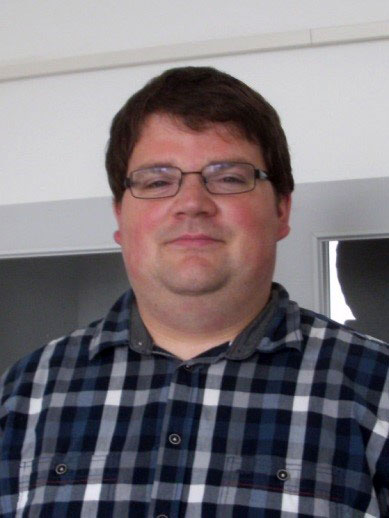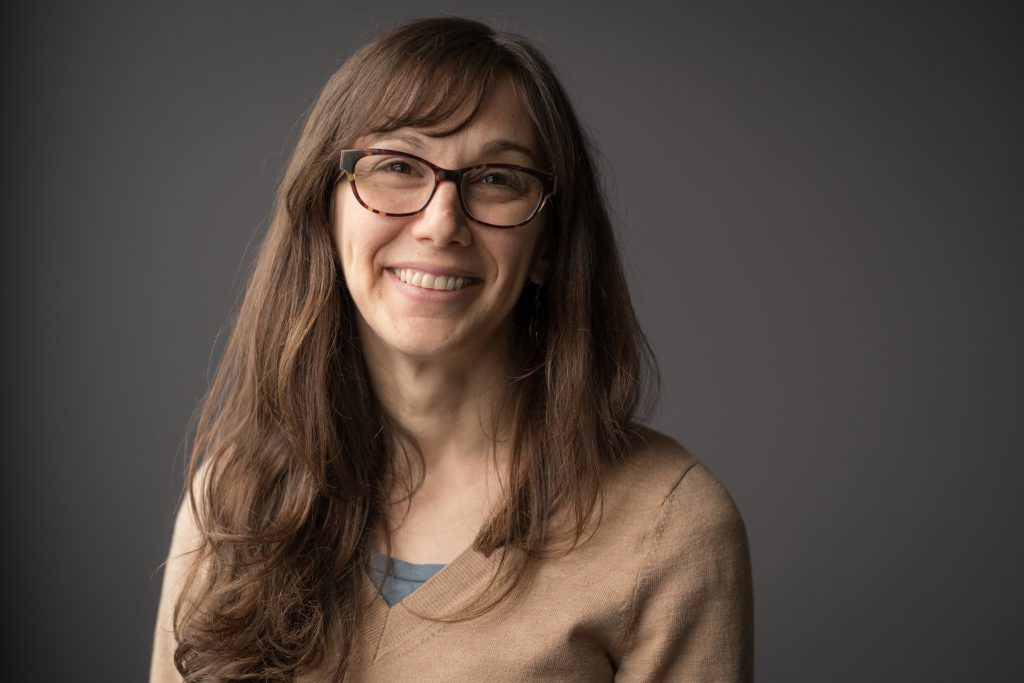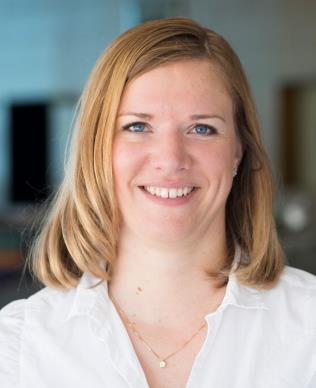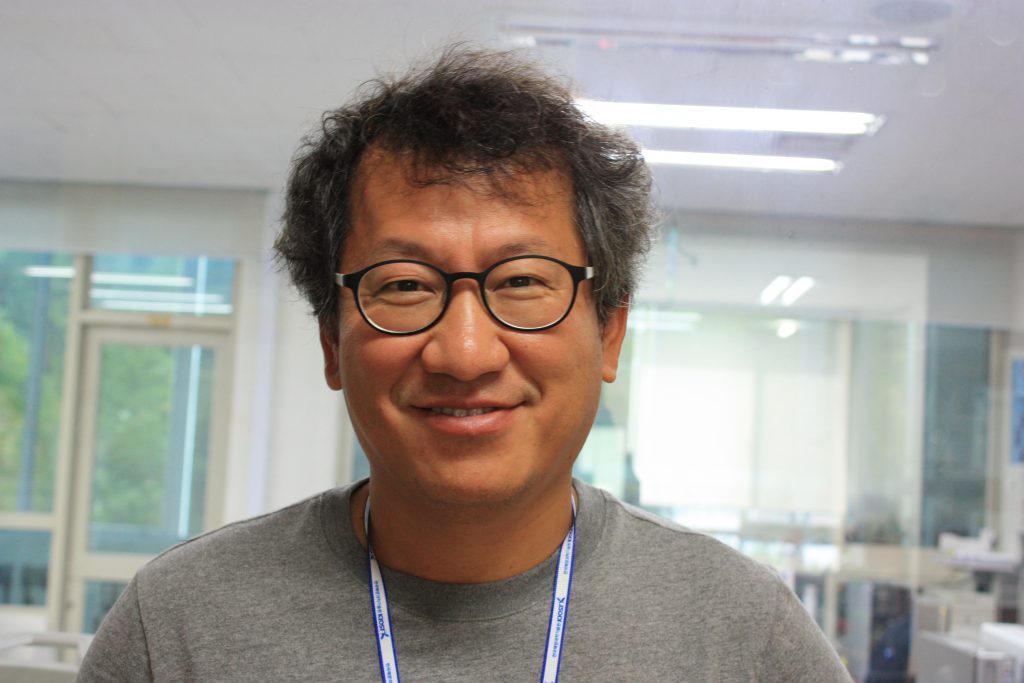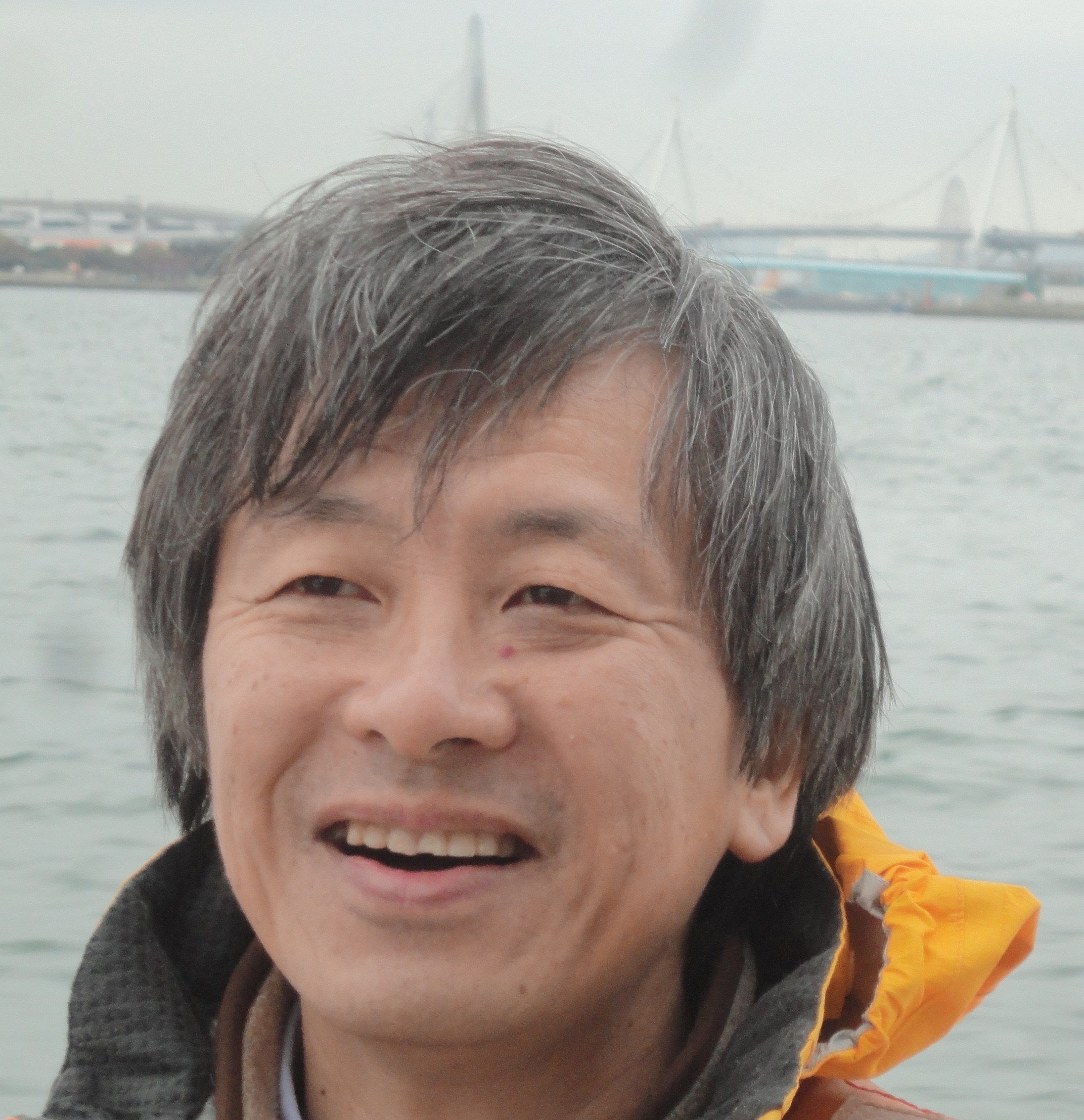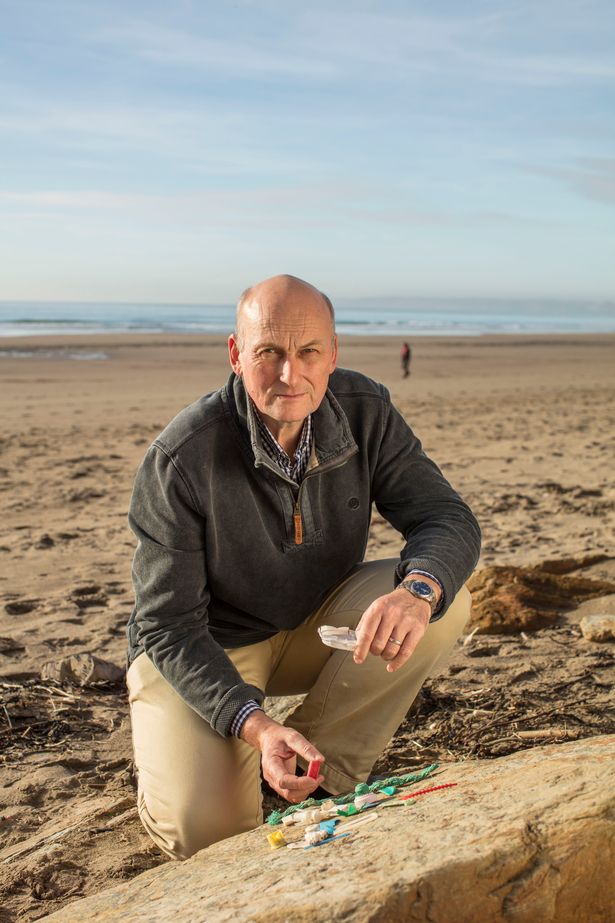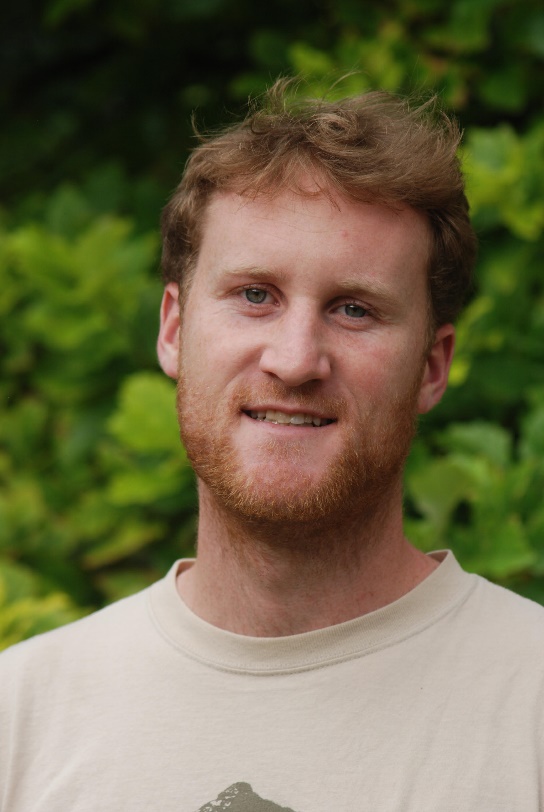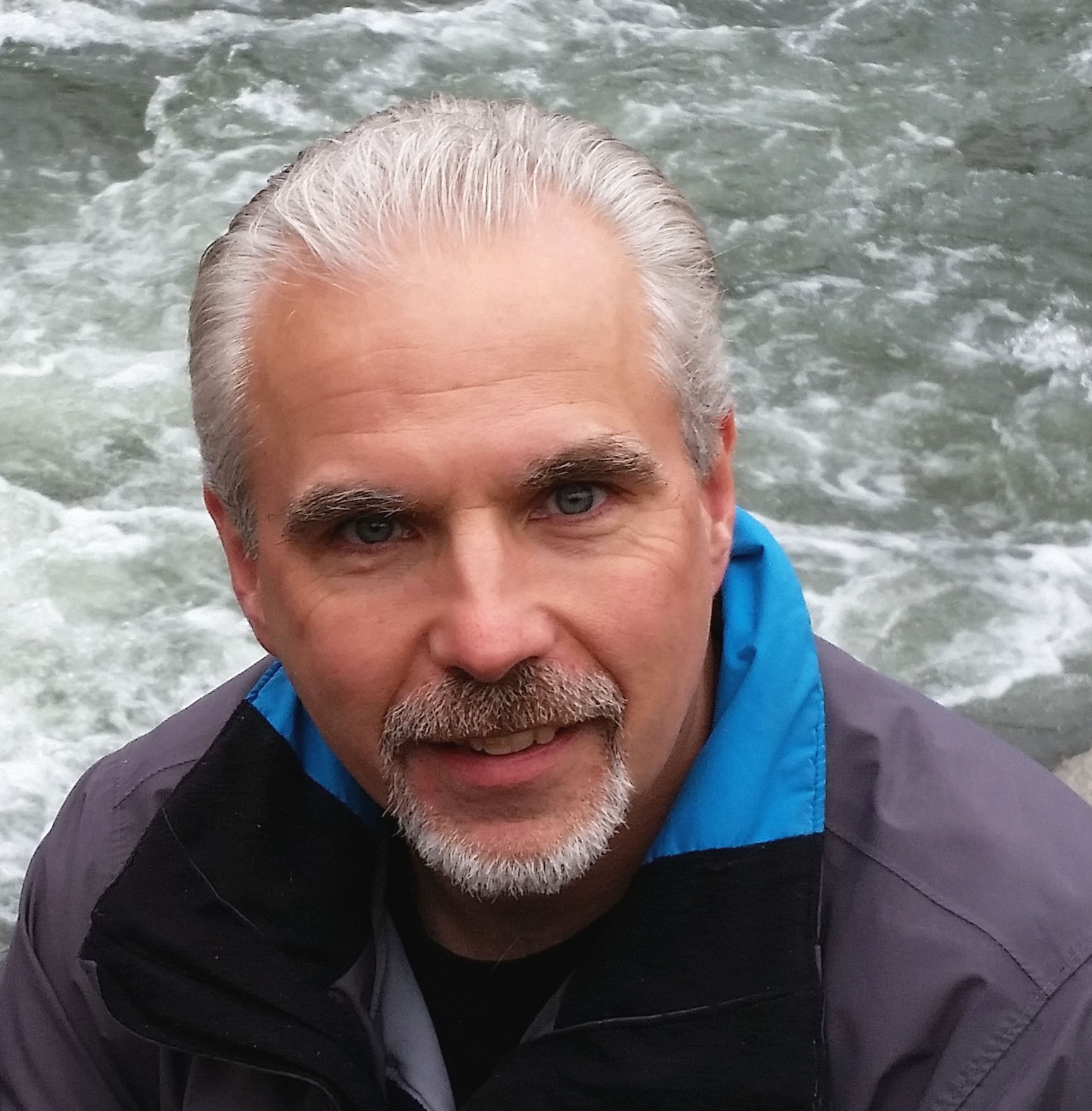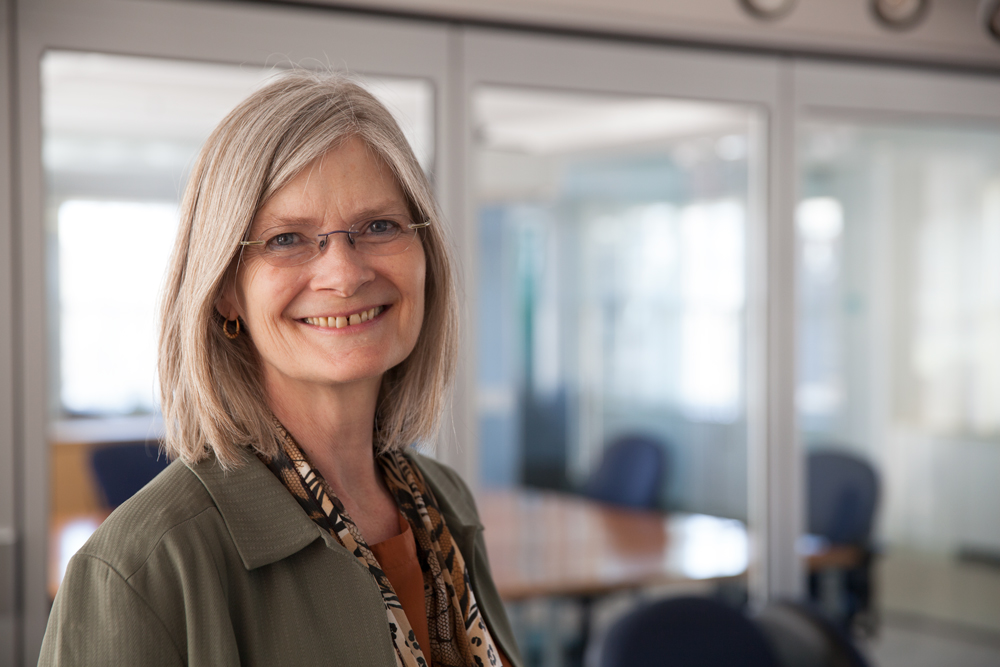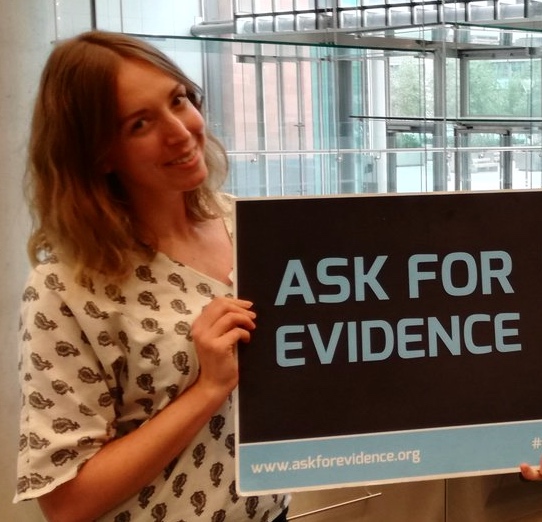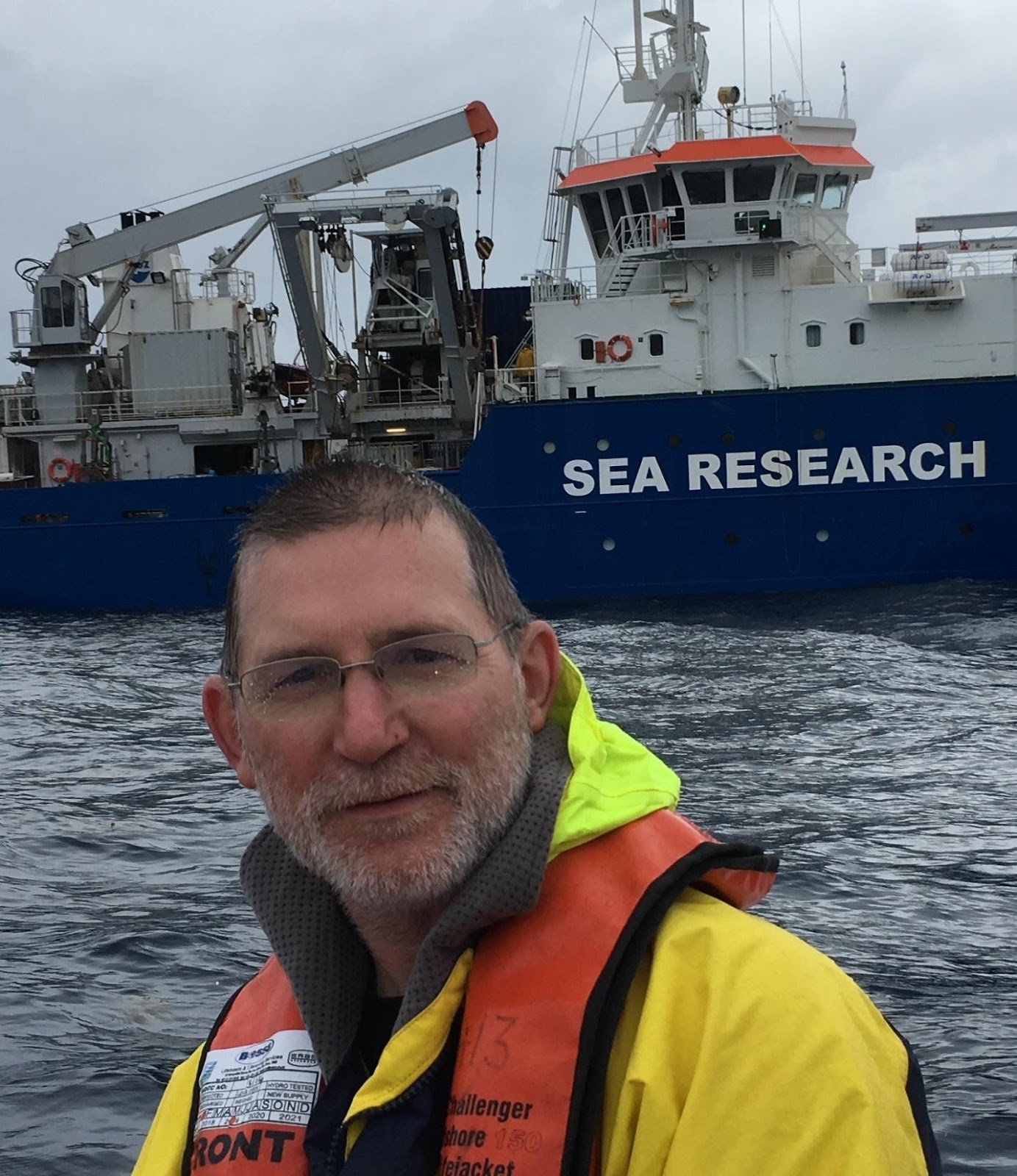The Science of Microplastics in the World Ocean - Speakers
An International Workshop to Formulate Next Steps in Understanding the Fate, Distribution, Impacts, and Technology Development Necessary to Push the Science
Ron Abbott
Sustainability Technical Manager, Chevron Phillips Chemical Company
Ron Abbott is Chevron Phillips Chemical Company’s Sustainability Technical Manager, responsible for advancing technical programs to advance long term global sustainability objectives. Prior to assuming this role in 2018, Abbott served as the Planning and Strategy Manager in the Corporate Planning and Development group where he oversaw the strategic planning process for Chevron Phillips Chemical Company. In this role, he led a team that developed Chevron Phillips Chemical’s most recent corporatewide strategic business plan.
Abbott began his career with Phillips Petroleum Company as a catalyst chemist. Throughout nearly three decades with Phillips Petroleum Company, Chevron Chemical Company and now Chevron Phillips Chemical Company, he has held a range of management assignments including Facility Manager for the Kingwood Research & Technology Center, Petrochemicals R&D Manager, Normal Alpha Olefins Global Product Manager and Polyethylene Catalyst R&D Manager. He has led teams that successful commercialized several key technologies including the world’s first on-purpose 1-Hexene process, the Phillips ReVap alkylation process and CPChem’s high viscosity PAO process. Abbott holds 26 U.S. patents in 1-Hexene catalyst and process technology, polyethylene catalysis, advanced polymer applications and HF alkylation technology.
Abbott earned his B.S. in chemistry from the University of Vermont, his Ph.D. in inorganic chemistry under F. Albert Cotton at Texas A&M University and worked as a postdoctoral research associate under Dr. Richard Lagow at The University of Texas at Austin.
Linda Amaral-Zettler
NIOZ Royal Netherlands Institute for Sea Research in North Holland
Prof. dr. Linda Amaral-Zettler is a Research Leader at the NIOZ Royal Netherlands Institute for Sea Research in North Holland and holds a Chair in Marine Microbiology at the University of Amsterdam. She is an MBL Fellow with the Josephine Bay Paul Center for Comparative Molecular Biology and Evolution at the MBL in Woods Hole, MA USA and is a Visiting Faculty member of the Department of Earth, Environmental and Planetary Sciences at Brown University where she co-mentors graduate students. She obtained her Ph.D. in Biological Oceanography at the MIT/Woods Hole Oceanographic Institution Joint Program after receiving a ScB in Aquatic Biology at Brown University. Amaral-Zettler’s research investigates the relationships between microbes and the mechanisms that determine their diversity, distribution, survival and impact on local and global processes. She has been active in plastic marine debris (PMD) research over the last 10 years and serves as the Secretary for ASTM D20.96 Subcommittee on Environmentally degradable plastics and bio-based products. Her current plastics research interests include microbial interactions with PMD and the "Plastisphere" and applying next generation technologies to updating existing Biodegradation Standard Testing Methods. She has published in PNAS, Nature, ISME, Environmental Science and Technology and other microbial ecology journals.
Anthony Andrady
North Carolina State University
Dr. Tony Andrady specializes in degradation and stabilization polymers in the environment with special emphasis on the marine environment. Andrady studies the physical, mechanical and chemical changes that accompany the solar UV radiation facilitated oxidation of common plastics in the land and marine environments. These plastics, such as polyethylene, polypropylene, polystyrene and poly (ethylene terephthalate) are used mostly in packaging applications and are among the most-common microplastics in the oceans. Oxidative weathering of these polymers is often accompanied by fragmentation of the material; it is the fragmentation of plastic macro-debris, especially the beach debris, that originates secondary microplastics in the ocean. The mechanisms and chemistry associated with fragmentation are not well understood at the present time. Dr. Andrady has graduate degrees from the University of Akron as well as the University of North London (UK) and serves as a member of Environmental Effects Panel (EEAP) under Montreal Protocol. Among his publications are Plastics and the Environment (Wiley, 2003) and Plastics and Environmental Sustainability (Wiley, 2015.)
Dror Angel
Applied marine ecologist at the Department of Maritime Civilizations, Charney School of Marine Science at the University of Haifa, Israel
Prof. Dror Angel is an applied marine ecologist at the Department of Maritime Civilizations, Charney School of Marine Science at the University of Haifa, Israel. He obtained his PhD in Biological Oceanography from the City University of New York and spent a decade as a researcher at the National Center for Mariculture in Eilat, Israel, focusing on environmental interactions of aquaculture and on developing sustainable approaches to aquaculture. At the University of Haifa, he studies a variety of environmental issues that affect and are affected by human activities. Research he has recently been involved in includes the effects of beach characteristics on the reproductive success of marine turtles; characterization of plastic pollution and its environmental implications along the Israeli Mediterranean coast; practical and sustainable solutions for marine plastic waste; the impact of plastics on marine turtles, integrated multi-trophic aquaculture and plankton dynamics in Israeli coastal waters. In addition, he studies the causes for, and ecological and socio-economic consequences of invasive species and jellyfish blooms in Israel and throughout the world.
Ashok Deshpande
NOAA Fisheries, NEFSC, James J. Howard Marine Sciences Laboratory at Sandy Hook, Highlands, New Jersey
Ashok Deshpande is a Research Chemist at the NOAA Northeast Fisheries Science Center, James J. Howard Marine Sciences Laboratory in Sandy Hook, New Jersey. His research is focused on the application of chemistry principles in addressing baseline fisheries topics, including the characterization of microplastics polymers by using a novel technique of pyrolysis GC-MS. He has successfully analyzed a variety of plastic samples from the littoral and aquatic environments, and in seabirds. For more than 25 years, he has been working on assessments of persistent chemical contaminants in recreational and commercial fisheries resource species. He has examined the potential uses of intrinsic and naturally embedded tracer chemicals in the assessment of habitat ecology, migratory behaviors, and predator-prey interactions.
Scott Gallager
Department of Biology, Woods Hole Oceanographic Institution
As a Plankton Ecologist, Scott has been designing optical instrumentation for over 35 years to study tiny particles in some of the harshest environments on the planet from the crushing pressures of the deep ocean to the bitter cold of the Antarctic and Arctic. His experiences in studying the farthest edges of the aquatic world is well established. Following his graduate research at Boston University, he received the Office of Naval Research Young Investigator Award to study the biophysical environment of pteropods and other plankton using optical microscopes he designed for use directly in the ocean. He has also developed the stereo optical imaging vehicle called HabCam, which is currently being used by NOAA to conduct stock assessments of the near billion-dollar sea scallop industry and was recently awarded the prestigious three year CINAR Cooperative Fellowship to work with NOAA researchers on critical environmental problems. Realizing the magnitude of the issue of microplastics in marine food chains influencing bacteria to human food organisms, Scott chairs the Microplastics Catalyst Program at WHOI (microplastics.whoi.edu). Along with nine of his colleagues he has been developing the program to address the critical issues of scientific rigor, instrumentation development, standardization of sampling and analysis protocols, distribution of microplastics from large rivers to our coastal waters and deep sea, impacts on marine organisms and the potential for biomagnification up the food chain to humans of polymers and toxic organic compounds adsorbed to microplastic particles. He holds five patents and is author of more than 130 peer reviewed publications in plankton and benthic ecology and optical instrument development.
Jake Gebbie
Physical Oceanography Department, Woods Hole Oceanographic Institution
Geoffrey (Jake) Gebbie is a physical oceanographer interested in climate dynamics and the transport of microplastics in the ocean. He is an Associate Scientist with Tenure in the Physical Oceanography Department at the Woods Hole Oceanographic Institution, and he earned his Ph.D. from the MIT/WHOI Joint Program in Oceanography. His research expertise includes large-scale ocean circulation and mixing, and inverse modeling techniques that permit numerical models to be constrained by observations. His interest is to determine the fate of microplastics in the open ocean, and also to determine whether microplastics can be used to better understand the physical movement of seawater.
Gunnar Gerdts
Shelf Seas Systems Ecology (SSSE) – Marine Microbiology, Alfred Wegener Institute Helmholtz Centre for Polar and Marine Research (AWI)
Gunnar Gerdts is a Senior Scientist in the Department Shelf Seas Systems Ecology of the Alfred Wegener Institute Helmholtz Centre for Polar and Marine Research (AWI). He holds a doctorate and diploma degree in biology from the University Hamburg. He is currently leading the Marine Microbiology working group in the SSSE department of the AWI. He is Faculty Member of the international Max Planck Research School of Marine Microbiology (MarMic) and member of the MSFD (European Marine Strategy Framework Directive) Technical Group on Marine Litter. His science interests span microbiology and (since 2011) polymer chemistry, with a particular emphasis on marine pathogenic bacteria (Vibrio spp.), biofilms and all aspects of plastic pollution (focus on microplastics). He was leading the JPI-O consortium BASEMAN (Defining the baselines and standards for microplastics analyses in European waters) and is involved in several national (German) and international projects concerning the detection of microplastics in different ecosystems and environmental compartments.
Todd Gouin
Researcher and Consultant
Dr. Gouin received a PhD specializing in the field of environmental chemistry from Trent University, in Canada, through the Watersheds Ecosystems Graduate Programme in June 2006. Following his graduate studies, Dr. Gouin, has obtained both experimental and modelling experience in assessing diverse chemical exposures including current use pesticides in Costa Rica and polycyclic aromatic hydrocarbons in the Arctic regions of Alaska. More recently, he was employed for eight years by Unilever, where he was involved in the development and application of tools aimed at both screening and prioritization of chemicals and higher-tier risk assessment methods. He now provides consultancy work on a range of topics, where his current research interests include the development and application of risk assessment methods for particulates, such as microplastic particles, nanomaterials, and UVCBs, as well as the development and application of models to better assess chemical exposures for both humans and the environment.
Claire Gwinnett
Professor in Forensic and Environmental Science, Staffordshire University, UK
Dr. Claire Gwinnett is currently a Professor in Forensic and Environmental Science at Staffordshire University in the UK and it internationally recognised for her forensic fibre work. Dr Gwinnett has led national and international projects conducted research in the recovery, analysis and interpretation of polymers, particularly fibres for the forensic industry since 2004, where she initiated her fibres work in the development of proficiency testing schemes for the creation of large-scale synthetic fibre databases as part of her PhD. Since then, she has worked on improving methods of fibre (and now microplastic analysis) with international organisations, which has impacted industry, the public sector, academia and policy makers. Claire is acknowledged as one of the world’s leading forensic fibre researchers and has worked with all leading international forensic science organisations in fibre research; these have led to changes used in the recovery and analysis of these polymers for the Criminal Justice System, including improved contamination prevention protocols and methods to automate the characterisation and identification of fibres. Claire now works in applying forensic science approaches to microplastics to improve characterisation and better understanding of their source and prevalence. Claire is currently the Research lead for the Forensic Fibre and Microplastic Research Group at Staffordshire University which aims to use a multidisciplinary approach to improve the analysis and interpretation of particulates for both environmental and forensic work.
Carlie Herring
Research Analyst, National Oceanic and Atmospheric Administration (NOAA) Marine Debris Program
Carlie Herring is the Research Analyst for the National Oceanic and Atmospheric Administration (NOAA) Marine Debris Program, since February 2015. She is responsible for overseeing the Program’s federally-funded research projects, staying up-to-date on new marine debris research and literature, and assisting in setting the national and regional research priorities. A current program priority is determining the fate and transport of microplastic debris in coastal waters and examining the risk of debris ingestion by marine biota. Carlie is also heavily involved in the Program's Marine Debris Monitoring and Assessment Project (MDMAP), a citizen science shoreline monitoring initiative for macro-debris. Prior to joining the NOAA Marine Debris Program, Carlie received her MS in the Environmental Science Program, in concurrence with the Marine and Estuarine Science Program, at Western Washington University in 2014. Her thesis evaluated nonindigenous species management in an ecological risk assessment framework. She completed a BS in Marine Science at the University of Maine, Orono, in 2010. She also has experience as a marine science educator and loves to share her knowledge and passion of the ocean with others.
Kay Ho
Environmental research scientist at the US Environmental Protection Agency’s Atlantic Ecology Division
Dr Kay Ho is an environmental research scientist at the US Environmental Protection Agency’s Atlantic Ecology Division located in Narragansett, RI. She is the technical lead for microplastic research performed under the EPA’s Office of Research and Development, and a co-lead for the EPA regional project on Quantifying Microplastic Extraction Methods for Sediments. Her work on microplastics is a part of her emerging contaminant research which includes microplastics, pharmaceuticals and engineered nanomaterials. Prior to her focus on emerging contaminants, she developed methods for assessing sediment toxicity and identification of the causes of toxicity in complex natural sediments. She has authored or co-authored over 100 publications in the areas of sediment assessment, method development and emerging contaminants. She holds a BS from UC Davis, and a MS from Cornell University, both in Environmental Toxicology, and a Ph.D. from the University of Rhode Island’s Graduate School of Oceanography in Chemical Oceanography.
Brett Howard
A Director at the American Chemistry Council in the Regulatory and Technical Affairs division
Dr. Howard is a Director at the American Chemistry Council in the Regulatory and Technical Affairs division. His recent work involves buttressing exposure data and models within chemical risk assessments. He also focuses his efforts on advancing analytical instrumentation for microplastics - particularly in regards to standards development - and chemical nomenclature issues. Prior to his involvement at ACC, Brett obtained a JD from the University of Maryland and spent several years as a pharmaceutical patent litigator. His scientific background stems from graduate work in organic chemistry at the University of California, Irvine, where he received his PhD for work on small molecule synthesis and chemical method development.
Mikael Kaandorp
Utrecht University in the Netherlands
Mikael Kaandorp’s research focuses on how to use data in order to parametrize microplastic particle properties in Lagrangian ocean models. This is part of his PhD project in Erik van Sebille’s research group at Utrecht University in the Netherlands, and is part of the ‘Tracking of Plastic In Our Seas’ (TOPIOS) project. The goal of TOPIOS is to extract information from available data such as in-situ measurements of microplastic concentrations in the surface waters, to find out how processes such as sinking/biofouling of microplastics, beaching, and fragmentation influence the dispersal of these particles. Currently, the focus of the research lies on using inverse modelling techniques to perform parameter estimation of these processes, by combining field measurements and Lagrangian particle simulations for the Mediterranean. Before starting his PhD, Mikael obtained his MSc in aerospace engineering (cum laude) at the Delft University of Technology, where he successfully applied machine learning techniques to improve turbulence modelling predictions.
Hauke L. Kite-Powell
Marine Policy Center, Woods Hole Oceanographic Institution
Dr. Hauke L. Kite-Powell is a Research Specialist at the Marine Policy Center of the Woods Hole Oceanographic Institution. He holds degrees in naval architecture (B.S), technology and policy (M.S.), and ocean systems management (M.S. and Ph.D.) from the Massachusetts Institute of Technology. Dr. Kite-Powell’s research focuses on public and private sector management issues for marine resources and the economic activities that depend on them. Current and recent research projects include work on: costs and benefits from improved ocean observing activities; approaches to economic valuation of marine resources; economics and management of marine aquaculture operations; and economic dimensions of climate change effects on marine ecosystems, shoreline change, marine pollution, and the carbon cycle.
Bart Koelmans
Chair of the Aquatic Ecology and Water Quality Group at Wageningen University
Prof. Bart Koelmans is chair of the Aquatic Ecology and Water Quality Group at Wageningen University, The Netherlands. Besides plastic debris, the group works on theoretical ecology, the analysis of complex systems, marine (tropical) ecology, freshwater ecology, water quality and ecological modeling, ecotoxicology and chemical stress ecology. Over the past decades, Bart Koelmans studied environmental impacts of heavy metals and organic chemicals, as well as of environmental particles such as soot, black carbon, engineered nanomaterials and plastic debris. https://research.wur.nl/en/persons/bart-koelmans
Tanja Kögel
Research Scientist, Institute of Marine Research, Bergen
Dr. Tanja Kögel received her diploma in cellular biology/biochemistry from the Ruprecht-Karls-University in Heidelberg, Germany, and spent her PhD and post doc education on basic cellular mechanisms in intercellular transport at the Institute of biomedicine at the University of Bergen, Norway. She is a research scientist at the Institute of Marine Research in Bergen, where she leads method development for micro- and nanoplastic quantification and surveillance studies on legacy contaminants, such as heavy metals and persistent organic substances in seafood, also communicating with and advising government and food safety authorities. She also is an adjunct associate professor at the University of Bergen teaching nutrition physiology. With her background in basic cellular biology and biochemistry she also integrates the quantitative data from her surveillance efforts with the potential physiological impact of such contamination on the on the environment, biota and humans.
Kara Lavender Law
Research Professor at Sea Education Association, Woods Hole, MA
Dr. Kara Lavender Law is a Research Professor at Sea Education Association (Woods Hole, MA), studying the sources, distribution, transformation and fate of plastic debris in the ocean. Dr. Law’s research focuses on the sources of plastic to the marine environment, understanding how ocean physics determines the distribution of plastic debris, and the degradation and ultimate fate of different plastic materials in the ocean. She is co-chair of the Scientific Committee on Oceanic Research (SCOR) Working Group FLOTSAM (Floating Litter and its Oceanic TranSport Analysis and Modelling), serves as the co-principal investigator of the National Center for Ecological Analysis and Synthesis (NCEAS) Marine Debris Working Group, and holds a PhD in physical oceanography from Scripps Institution of Oceanography and a BS in mathematics from Duke University.
Jennifer M. (Keller) Lynch
National Institute of Standards and Technology, Chemical Sciences Division
Hawaii Pacific University, Center for Marine Debris Research
Dr. Jennifer M. (Keller) Lynch has dedicated her career to studying pollution in the ocean. She earned her B.S. in Biology at Indiana University and was a Summer Research Fellow at Woods Hole Oceanographic Institution in 1996. She measured persistent organic pollutant concentrations in sea turtles and their effects on the endocrine and immune systems for her Ph.D. dissertation at Duke University in Marine Environmental Toxicology. She has worked in the field of organic analytical chemistry for the U.S. National Institute of Standards and Technology (NIST) for 16 years, and is the Co-Director of the newly established Hawaii Pacific University (HPU) Center for Marine Debris Research (CMDR), located in one of Earth’s most plastic polluted regions. In the last six years, Dr. Lynch’s research has focused on plastic ingestion in sea turtles and improving methods for polymer identification of plastic marine debris. She has published 51 scientific manuscripts and three book chapters and mentored over 75 students through research projects, centered mostly on measuring pollutants in marine organisms. Dr. Lynch’s mission is to discover the truth about pollution exposure and effects in the ocean and educate others to perform excellent science that can inform policies for environmental improvement.
Matthew MacLeod
Department of Environmental Science, Stockholm University, Sweden
Matthew MacLeod is Professor of Environmental Chemistry in the Department of Environmental Science at Stockholm University, Sweden. He holds a BSc (1996) in Chemistry from the University of Victoria, Canada, and an MSc (1999) in Applied Mathematics & PhD (2002) in Environmental Science from Trent University, Canada. He was a post-doctoral researcher in the Environmental Energy Technology Division of the Lawrence Berkeley National Laboratory (USA) from 2002 – 2004, and from 2004 – 2010 he was a Lecturer and Senior Researcher in the Institute for Chemical and Bio-Engineering at ETH Zurich, Switzerland. Prof. MacLeod is a Fellow of the Royal Society of Chemistry (FRSC) and Associate Editor of the RSC journal Environmental Science: Processes & Impacts. He was co-lead author of the chapter on long-range transport of persistent organic pollutants in the 2016 Global Monitoring Report prepared under Article 16 (Effectiveness Evaluation) of the Stockholm Convention, and since 2013 he has been a member of the European Food Safety Authority (EFSA) Standing Working Group on Emerging Chemical Risks. Professor MacLeod studies factors that control human and environmental exposure to pollutants. He uses conceptual and mathematical models to quantify exposure, and to design and interpret laboratory experiments and field studies in environmental chemistry that inform exposure assessments and modeling. The overall goals of his research are to build a quantitative and process-level understanding of factors that determine exposure to environmental pollutants and microplastic, and to develop practical tools and guidance that support rational management strategies. More information about Prof. MacLeod’s research can be found on his webpage at Stockholm University http://www.aces.su.se/staff/matthew-macleod/ and an up-to-date publication list can be found on Google Scholar http://scholar.google.com/citations?user=u6v91AgAAAAJ.
Rachel A. Meidl
Fellow in energy and environment, Rice University's Baker Institute for Public Policy
Dr. Rachel A. Meidl, LP.D., CHMM, is the fellow in energy and environment at Rice University's Baker Institute for Public Policy. She was previously appointed to lead the Pipeline and Hazardous Materials Safety Administration in Washington, D.C. where she advanced domestic and international policy interests and oversaw delegations to the United Nations International Civil Aviation Organization, the United Nations Transportation of Dangerous Goods and the International Atomic Energy Agency. Her research focuses on plastics sustainability, domestic and international policy and law as it relates to imports and exports of hazardous wastes, and safety and environmental regulations of the treatment, storage, disposal, and transportation of chemicals within and outside the U.S.
Prior to her public service, Dr. Meidl was the director of regulatory and technical affairs at the American Chemistry Council in Washington, D.C., progressing a broad range of regulatory and policy issues on behalf of the chemical and petrochemical industries. She has more than 20 years of experience in industry, academia, government, politics and international relations, managing the entire scope of hazardous waste operations and emergency response to chemical, explosive, radioactive and biohazardous materials.
Dr. Meidl holds a Ph.D. in law and public policy from Northeastern University, a master’s in environmental policy and management with a concentration in environmental chemistry and international law, a master’s of education in applied science and technology with certifications in chemistry and physics, and bachelor’s degrees in conservation biology and zoology & animal physiology from the University of Wisconsin–Madison.
Michaela Meyns
Researcher, Alfred-Wegener-Institute on Heligoland, Germany
Dr. Michaela Meyns is a researcher at the Alfred-Wegener-Institute on Heligoland, Germany. She received her Diplom and PhD in chemistry from Universität Hamburg for fundamental studies on nanoparticle synthesis and electrical transport. Moving on to work at the Catalonia Institute for Energy Research in Sant Adrià de Besòs/Barcelona, she focused on nanomaterials for energy conversion and storage and received a Juan de la Cierva postdoc fellowship. In her current position, she is examining nanoplastics from marine environments by applying novel nano-FTIR technology. She is interested in unambiguously identifying nanoplastics as well as understanding its distribution and role in environmental nanofractions.
Rachael Miller
co-founder and director of Rozalia Project for a Clean Ocean
Rachael Miller is the co-founder and director of Rozalia Project for a Clean Ocean, whose mission is to find and remove marine debris through action, technology, outreach and research. She is also the co-captain of Rozalia Project’s trash-hunting mothership, American Promise (a Ted Hood 60’ sailing research vessel). Rachael established the first public access, ROV-supported shipwreck tour in North America and is a trainer for VideoRay training remotely operated vehicle (ROV) pilots. She is the primary ROV pilot and technician for the Rozalia Project and travels throughout the U.S. with the ROV/sonar delivering marine debris programs and cleaning harbors.
Tracy John Mincer
Florida Atlantic University
Tracy John Mincer graduated from the University of California, San Diego in 1995 with a B.S. in Chemistry/Biochemistry and received his Ph.D. in Marine Chemistry in 2004 from the Scripps Institution of Oceanography in the field of marine microbial natural products and biotechnology. From 2004-2008 he was a postdoctoral researcher and lecturer at the Massachusetts Institute of Technology, in the field of marine microbial metagenomics. He was a Scientific Staff member of the Marine Chemistry and Geochemistry department at the Woods Hole Oceanographic Institution from 2008-2018 and is now faculty at Florida Atlantic University where he holds a dual appointment at the Harriet Wilkes Honors College and the Harbor Branch Oceanographic Institute. Research in the Mincer laboratory includes: microbial chemical ecology, natural products discovery, and understanding the fate of plastic marine debris and its associations with microbes.
Sebastian Primpke
Polymer Chemist, Alfred-Wegener-Institute Helmholtz Centre for Polar- and Marine Research at the research station Biolgische Anstalt Helgoland
Sebastian Primpke is a polymer chemist by training and entered the field of microplastic analytics at the Alfred-Wegener-Institute Helmholtz Centre for Polar- and Marine Research at the research station Biolgische Anstalt Helgoland in 2015. During his preceding PhD study at the Georg-August-University Göttingen he gained strong background in physical chemistry, chemical reaction modeling and spectroscopy. For his current research in the field of microplastic research he is focused on the automation and harmonization of spectroscopic analyses. He recently developed an automated analysis pipeline and combined it with image Analysis for the chemical identification of microplastics particles and microfibers. These methods were applied in a harmonized manner for studies working on (deep) sea sediments, Arctic Sea Ice, Snow, treated wastewater and surface water in general. Together with researchers from Aalborg University he transferred these methods tools into a manufacturer independent software tool called siMPle.
Chelsea Rochman
University of Toronto, Canada
Dr. Chelsea Rochman is an Assistant Professor in Ecology at the University of Toronto. She is also a co-founder and director of the UofT Trash Team. Chelsea has been researching the sources, sinks and ecological implications of plastic debris in marine and freshwater habitats for the past decade. She has published dozens of scientific papers in respected journals and has led international working groups about plastic pollution. Relevant to this workshop, Chelsea is currently co-leading a microplastics method evaluation study with the Southern California Coastal Water Research Project. In addition to her research, Chelsea works to translate scientific work beyond academia. For example, the UofT Trash Team is an outreach program and Chelsea regularly presents her work to and/or provides advice for policy makers and managers in Canada, the US, the EU and the UNE.
Jo Ruxton
Plastic Oceans Foundation
Jo Ruxton is a passionate campaigner for the oceans, her career in conservation began in the ‘80’s when she started the first marine programme for WWF in Hong Kong, where she lived for 14 years. During that time, she was a key advocate for the establishment of the first marine protected areas there.
She was a lead member of the BBC Natural History Unit’s diving team for many years and has been producing and directing underwater sequences since the first days of filming on the award-winning Blue Planet series in 1997. During her 12 years at the BBC she was involved in numerous underwater films from Antarctica to the pristine reefs of the Caribbean and the Pacific Ocean for the BBC and Discovery Channel.
Disappointed in the lack of conservation messages in the BBC films she worked on, she decided to leave to work independently and when she started to hear about the problem of plastic waste in the oceans, she knew she had to tell the story as it was. She began to raise the funds needed to make the documentary feature, A Plastic Ocean and it was 2 years before there was enough to begin filming. The more she learned about the subject the more determined she was to tell the story as research was revealing a much bigger problem than she had ever imagined. It was 8 years before the multi-award-winning film was finally released in 60 countries and in 15 languages.
Jo co-founded the Plastic Oceans Foundation as a registered UK charity 10 years ago to help the fundraising process and to continue the legacy of the film through three main programmes, Science, Sustainability and Education.
Isabelle Schulz
Policy officer at the JPI-Oceans office and for the German Marine Research Consortium (KDM).
Isabelle Schulz completed her bachelor studies in biology at the University of Cologne and subsequently finished her master with a major in marine biology at the University of Bremen, Germany. It was important to her, to complete an interdisciplinary education, which is why she chose environmental law as a minor subject.
Her doctoral thesis led her to the Alfred-Wegener Institute Helmholtz-Center for Polar and Marine research, where she dealt with the topic of "artificial iron fertilization in the Southern Ocean". From 2014 to 2018 she worked on the potential impact sandstorms could have on phytoplankton growth. As a post-doctoral researcher at the King-Abdullah University of Science and Technology (KAUST), Saudi-Arabia, she investigated natural iron fertilization in the Red Sea by sand input from the Saudi and Egyptian desert. 2019 Isabelle moved to Brussels, Belgium, to work as a policy officer at the JPI-Oceans office and for the German Marine Research Consortium (KDM).
Won Joon Shim
Korea Insitute of Ocean Science and Technology
Dr. Wonjoon Shim is a principal research scientist of Korea Institute of Ocean Science and Technology (KIOST) and a professor of Department of Marine Sciences at Korea University of Science and Technology. He serves as the Director General of South Research Institute of KIOST. His scientific background is environmental chemistry. He has studied on persistent organic pollutants in marine environments including analysis, monitoring and fate study, since his MSc. and Ph.D works. His recent research focuses include development of analytical methods of nano - and microplastics, assessment and characterization of microplastic pollution, and weathering process of producing micro- and nano-size particles. He is a member of multiple international expert working groups such as GESAMP WG40, SCOR WG153, PICES WG42, and IOC/WESTPAC for micro- and macro-plastic debris pollution issues.
Shige Takada
Laboratory of Organic Geochemistry, Tokyo University of Agriculture and Technology
Dr. Shige Takada received his Ph.D. from Tokyo Metropolitan University in 1989. He has been working in Tokyo University of Agriculture and Technology for 27 years. His speciality is trace analysis of organic micropollutants. The target compounds include persistent organic pollutants (POPs), endocrine disrupting chemicals, pharmaceuticals as well as anthropogenic molecular markers. His research field encompasses from Tokyo Bay and its vicinities to Southeast Asia to Africa. In 2005, Shige Takada launched International Pellet Watch, global monitoring of POPs by using beached plastic resin pellets. He has been working with ~ 100 NGO and individuals who have concern about marine plastic pollution. His group has been demonstrating the transfer of hazardous chemicals from ingested plastics to biological tissue through field observations and exposure experiments. Dr. Takada is the author of more than 140 peer-reviewed papers in international journals and more than 20 invited international conferences.
Richard Thompson
Professor, Plymouth University, UK
Richard Thompson is a Professor of Marine Biology at Plymouth University. Much of his work over the last decade has focused on marine debris with numerous publications and significant research funding on this topic. He was a co-author of the European Union Marine Strategy Framework Directive text on marine litter. He has been a member of numerous international working groups on marine litter including GESAMP, NCEAS, UNEP, UNIRP. In 2014 he presented his research to the US Secretary of State, John Kerry, at his Our Ocean meeting in Washington. He has also presented to OECD nations and G7 nations. Recent work by his team directly informed the UK Government decision to introduce legislation on the use of microplastics in cosmetics. He has recently been working with G7 nations on the monitoring of marine litter. For more information see www.plymouth.ac.uk/research/marine-litter
Collin Ward
Woods Hole Oceanographic Institution
Collin Ward is an Assistant Scientist in the Department of Marine Chemistry & Geochemistry at the Woods Hole Oceanographic Institution. He has over a decade of experience studying sunlight-driven processes in aquatic ecosystems. His research program focuses on characterizing the rates and pathways that sunlight alters the physical and chemical properties of organic carbon. He has worked on a wide range of organic carbon sources, including natural organic matter, crude oil, and plastics. The goal of his research on plastics is to understand how long consumer plastics last in the environment. His work on polystyrene, a synthetic polymer used to make single-use food containers and protective packaging, suggests that sunlight exposure is a governing control of the lifespan of polystyrene in the environment.
J. Evan Ward
Head of the Department of Marine Sciences at the University of Connecticut
J. Evan Ward is the Head of the Department of Marine Sciences at the University of Connecticut. He was awarded a Ph.D. in Marine Biology and Biochemistry from the University of Delaware in 1989, receiving the College's E. Sam Fitz Award for greatest aptitude for professional development in marine studies. As a professor of marine sciences at UConn, Ward has been the recipient of a National Science Foundation Career Award and two Fulbright Foreign Scholarships. He has been a visiting scholar at the University of Panama (2004) and University of Exeter in the UK (2011). Ward also served as the lead PI and director of one of NOAA’s Oceans and Human Health training consortium, focusing on interdisciplinary research and training in coastal-ecosystems & human Health. In 2013, he was elected to the Connecticut Academy of Science and Engineering. For the past 30 years, Ward has studied environmental physiology of marine, suspension-feeding invertebrates. Recently, his research has focused on capture, ingestion and elimination of microplastics and nanomaterials by commercially important species, and the impacts of these particles on feeding and digestive processes. His research is funded by grants from the USDA, NOAA-Marine Debris Program, and National Science Foundation. Ward has published over 80 scientific papers and book chapters and serves on the Editorial Board of several scientific journals.
Kimberly A. Warner
Senior Scientist, Oceana
Kimberly A. Warner is a senior scientist at Oceana, the largest international advocacy group working solely to protect the world’s oceans. Since 2005, she has researched and developed the scientific basis for Oceana’s successful campaigns on contaminated seafood and seafood fraud, and most recently, Oceana’s campaign on marine plastic pollution. Dr. Warner has broad experience spanning over two decades in marine and freshwater ecosystem science, contaminant behavior, fate and toxicity in many aquatic systems, expedition planning, citizen science, seafood fraud, traceability and global seafood supply chains. Prior to joining Oceana, she held research and teaching positions at the University of Alabama’s Center for Freshwater Studies and Biology Department and at a consulting firm in Mobile, Alabama. Dr. Warner has also held research positions and fellowships at the Chesapeake Biological Laboratory and Chesapeake Research Consortium in Maryland and the Woods Hole Oceanographic Institution (in 1988). She earned her Ph.D. in marine, estuarine and environmental sciences from the University of Maryland and her B.S. in environmental science from the University of the District of Columbia.
Stephanie Wright
Medical Research Council (MRC) Centre for Environment and Health, King’s College London/MRC Toxicology Unit, UK.
Dr Stephanie Wright is a UKRI Rutherford Fellow in the Medical Research Council (MRC) Centre for Environment and Health, King’s College London (KCL) and MRC Toxicology Unit. She has over 8 years’ experience in the field of microplastics, specifically in exposure and biological impacts, which began with a PhD at the University of Exeter. She then joined KCL on an MRC early career research fellowship. Here she leads the Microplastics team, whose interdisciplinary research continues to address the issue of airborne microplastics. Specifically, quantifying airborne microplastics in health-relevant size fractions as an indication of exposure; developing techniques for the detection of microplastics in complex environmental and biological matrices; and assessing the toxicity of microplastics using in vitro models of the human airway.
Erik Zettler
Microbial ecologist and Visiting Scientist at the NIOZ Royal Netherlands Institute for Sea Research
Dr. Erik Zettler is a microbial ecologist and Visiting Scientist at the NIOZ Royal Netherlands Institute for Sea Research. He obtained his PhD in molecular biology from the Autonomous University of Madrid (Spain). From 1985-1994 he was a member of the Biology Department at Woods Hole Oceanographic Institution where he worked primarily on open ocean picoplankton using flow cytometry. From 1994-2016 he taught and did research at SEA Education Association, as Science Coordinator, Professor, and Associate Dean, before moving to NIOZ in 2017, where he works in the laboratory of his wife and collaborator Linda Amaral-Zettler. Erik has participated on over 70 research cruises in the Pacific, Atlantic, Caribbean, and Mediterranean, where for the last 10 years much of his research has been focused on plastic marine debris,and particularly the role of microbial biofilms on the fate of plastic in aquatic systems.
